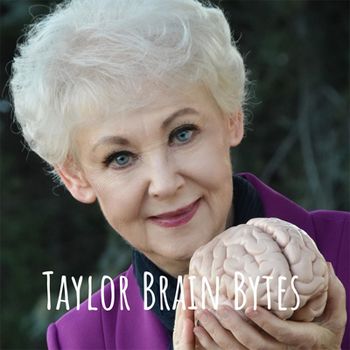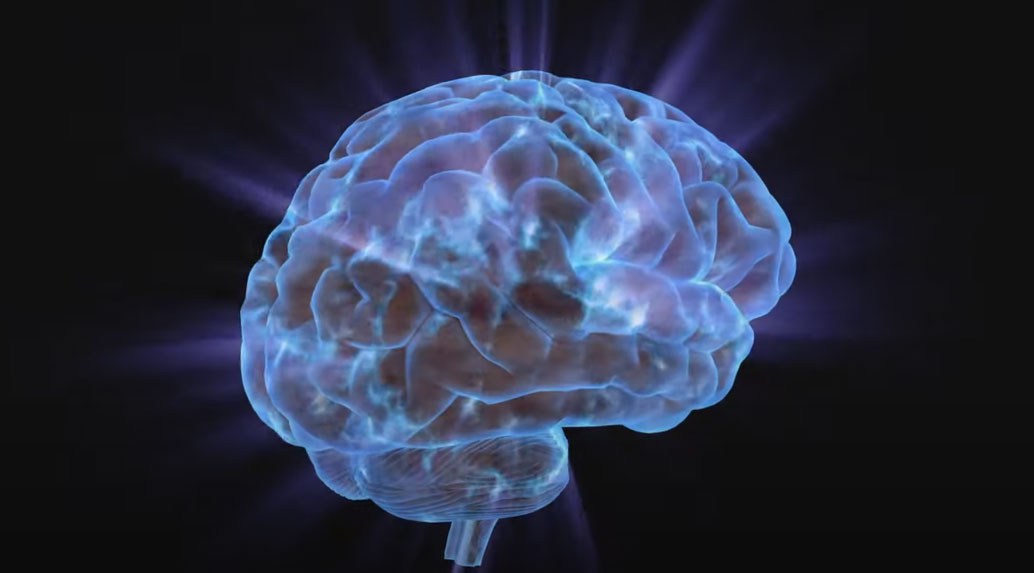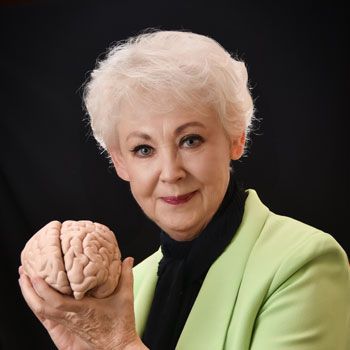Victim’s “Badge”
Q: Recently I was volunteering with a large group of individuals in a special recovery program who had escaped from having been trafficked. Many healed from that trauma, learned new strategies and moved on with their lives. There is, however, a small group that seem to “want their cake and eat it too.” I don’t know how else to describe it. It’s like they want someone to “fix” the fact that they had been trafficked, while at the same time they proudly wear a victim badge, rehearsing their story endlessly and feeding off others feeling sorry for them. They are uninterested in even hearing about anyone else’s trauma, as if they don’t want their issue diluted or someone to step on their mojo (as another person put it), It is as if they are “happy” being “sad.”
A: I can give you my observation. Some individuals appear to have turned their abuse-trauma into their identity. They do not want to “forgive” because somehow in their mind this equates with saying the abuse-trauma did not occur. Nothing could be further from the truth in my opinion. You forgive for your own mental and physical health. Period. More than once I heard, “You owe me.” When I asked what for, the answer was “Because I was trafficked by people who looked like you. And if you have to pay for what was done to me that will make me feel better.” None of us chooses our basic looks. All individuals who are healthy can learn to heal.
In my decades of working with abuse, addiction, and recovery, in order to heal and move on, individuals must give up their victim identity. A victim mindset burns up norepinephrine (mood and stress), stops emotional growth, and blocks recovery; it often involves a sense of helplessness and hopelessness but also of being special because you have been injured. Anyone can embrace a victim mindset; not everyone chooses to transform from a victim to a survivor mindset.
According to Catherine Ponder, when you hold resentment toward another, you are bound to that person or condition by an emotional link that is stronger than steel; forgiveness is the only way to dissolve that link and get free. Forgiveness has everything to do with relieving oneself of the burden of being a victim, letting go of the pain, and transforming oneself from victim to survivor. Developing a survivor mindset is a badge of honor, which can enable you to:
- Recover
- Heal wounds from the injury
- Grow up emotionally and built Emotional Quotient (EQ) skills
- Role model a survivor mindset
- Empathize with and help others
- Work with groups toward prevention and equality
- Forgive yourself and others—for your own health. A healthy selfishness.
Research by world renowned cardiologist. Herbert Benson, MD, has led to the discovery he has labelled “The Physiology of Forgiveness®.” He is clear that being unable to forgive other people’s faults (or your own) is harmful to one’s health. So, without recovery and developing a survivor mindset, an individual retains the enemy outpost within their mind—something that takes energy resources, making it unavailable for positive living. Emotionally it is actually a way of continuing the abuse-trauma from which you were rescued. Some get stuck in the Five R’s: recall, ruminate, rehearse, resent, and ‘reheat for dinner,’ failing to realize that resentment and unforgiveness are like taking poison and expecting it to kill the other person.
Make no mistake. Moving from victim to survivor takes great strength and courage. Forgiving? Maybe even more. As Mohandas K. Gandhi put it: “The weak can never forgive. Forgiveness is the attribute of the strong. An eye for an eye leaves the whole world blind.”




